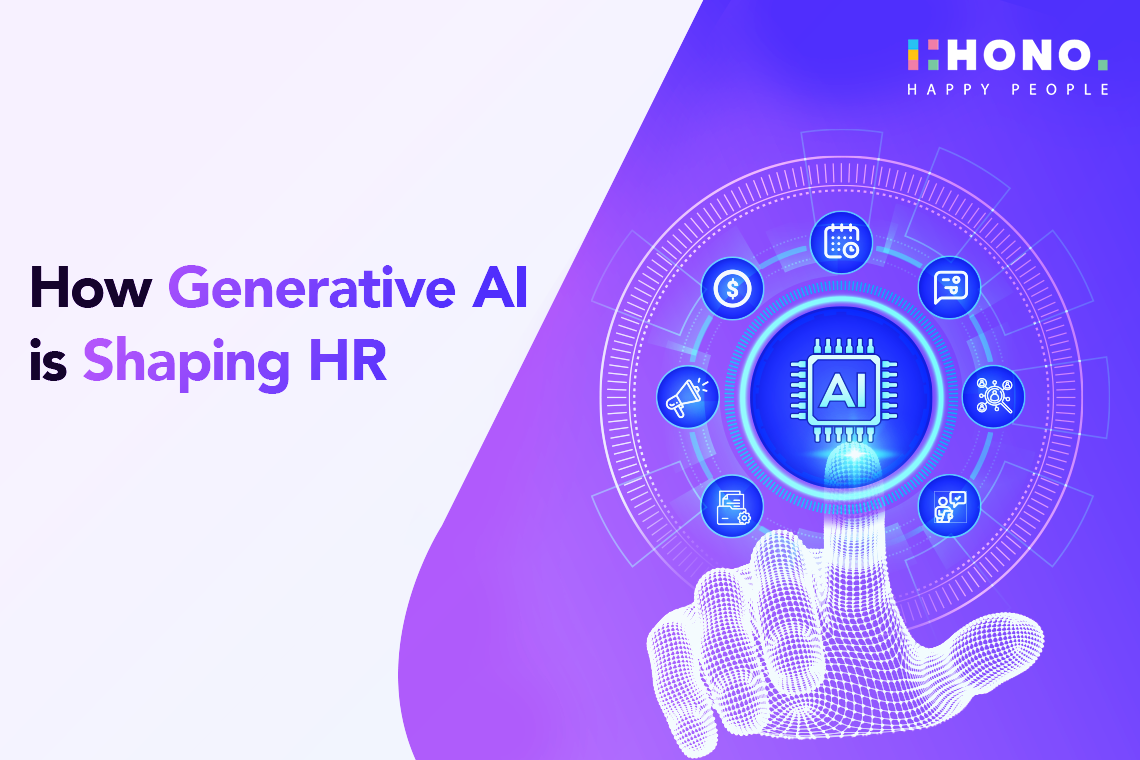Artificial Intelligence (AI) has been changing the recruitment sector, offering so many benefits that extend from enhancing operational efficiencies to ensuring more equitable hiring practices. According to Gartner, organizations leveraging AI in recruitment have witnessed a 17% reduction in time-to-hire on average, an excellent example to the technology's impact on streamlining processes. Moreover, McKinsey reports emphasize that AI-driven tools help mitigate unconscious bias in hiring decisions, leading to a more diverse workforce.
AI in the Recruitment Process: What Are the Benefits and Considerations
4 mins

Artificial Intelligence (AI) has been changing the recruitment sector, offering so many benefits that extend from enhancing operational efficiencies to ensuring more equitable hiring practices. According to Gartner, organizations leveraging AI in recruitment have witnessed a 17% reduction in time-to-hire on average, an excellent example to the technology's impact on streamlining processes. Moreover, McKinsey reports emphasize that AI-driven tools help mitigate unconscious bias in hiring decisions, leading to a more diverse workforce.
This technological integration comes with various benefits and considerations that organizations must use to fully capitalize on AI’s potential. While the benefits of AI in recruitment are compelling, ranging from increased accuracy in candidate selection to significant cost savings, it is important to approach its implementation thoughtfully. Considerations around data privacy, system integration, and the overall cost of deployment are important to ensuring successful adoption. This blog explores these aspects, aiming to provide a balanced view that helps organizations in making informed decisions about adopting AI in their recruitment processes.
What are the benefits of AI in Recruitment?
Here are six benefits of AI in recruitment:
Efficiency Improvements: AI significantly speeds up the recruitment process by automating tasks like sorting resumes and scheduling interviews, allowing HR teams to focus on strategic decision-making.
Enhanced Accuracy: AI tools employ sophisticated algorithms to analyze candidate data more accurately, leading to improved matching of job requirements and candidate profiles, thus enhancing the quality of hires.
Bias Reduction: By standardizing the screening process and removing human subjectivity, AI helps reduce biases, promoting a more inclusive and equitable hiring process.
Cost Reduction: AI streamlines multiple recruitment tasks, reducing the need for extensive human intervention and thus lowering overall recruitment costs.
Better Candidate Experience: AI-driven interfaces, such as chatbots, provide instant responses and updates to candidates, improving engagement and communication throughout the recruitment process.
Predictive Analytics: AI can forecast hiring needs and candidate success using historical data and trends, enabling proactive recruitment strategies and better alignment with business goals.
Know More: Generative AI in Recruitment
Considerations When Implementing AI
Integration Challenges: Implementing AI tools within existing HR systems can pose technical and operational hurdles. These include ensuring compatibility with legacy systems, managing the seamless integration of new tools, and aligning them with current HR workflows. Effective integration requires thorough planning and may sometimes necessitate system upgrades or even overhauls to accommodate new AI functionalities.
Data Privacy: When deploying AI in recruitment, it's important to handle candidate information with the utmost responsibility. This involves ensuring compliance with data protection regulations such as GDPR in Europe and similar laws elsewhere. Companies must establish strict protocols for data collection, storage, and processing to protect candidate privacy and maintain trust.
Cost Factors: Understanding the financial investment and the potential Return on Investment (ROI) is critical when adopting AI technologies. Initial costs can be significant due to software licensing, custom development, and integration. However, the long-term benefits, such as improved efficiency and reduced hiring costs, often justify the investment. Businesses should conduct a detailed cost-benefit analysis to determine the financial viability and strategic value of AI tools in their recruitment processes.
The benefits of AI in recruitment are transformative, offering improvements in efficiency, accuracy, and fairness. However, the adoption of such technologies also requires careful consideration of various challenges, including integration complexities, data privacy concerns, and financial implications. By thoughtfully evaluating these factors, organizations can better leverage AI tools to enhance their recruitment strategies. Encouraging a mindful approach to the integration of AI will ensure that companies not only improve their hiring processes but also align these advancements with broader business objectives and ethical standards.
Request a Demo Now!
.png?width=70&height=70&name=Team%20HONO%20logo-01%20(1).png)
Team HONO









.jpg)
